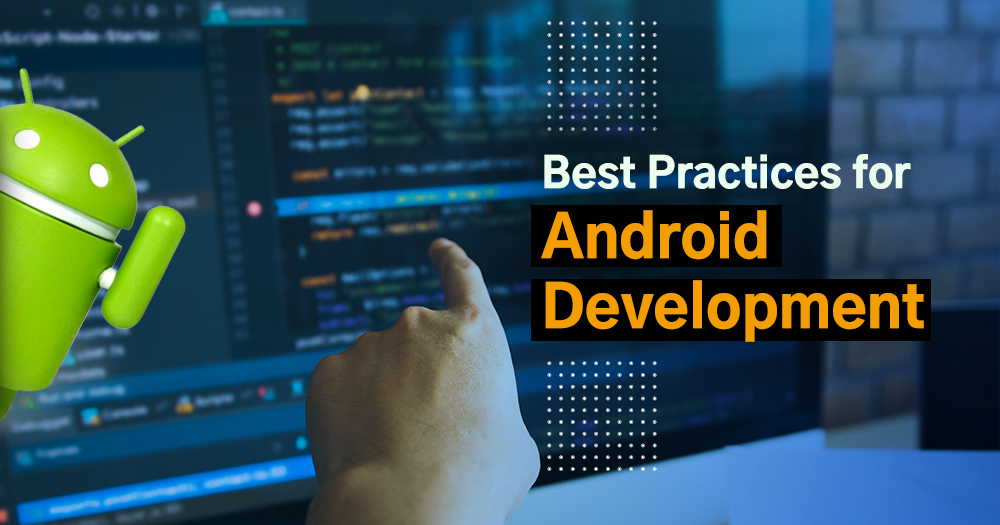Mastering Android Game Development: From Setup to Launch
1. Welcome to the World of Android Game Development
In today’s digital age, mobile gaming has become a cultural phenomenon, with Android leading the charge due to its global reach and open-source flexibility. Android game development offers exciting opportunities for both beginners and seasoned developers. Whether you’re passionate about designing immersive game mechanics or crafting engaging stories, Android provides the perfect platform to unleash your creativity. In this blog, we’ll guide you through everything you need—from setting up your environment to deploying your game on the Play Store.
2. Why Choose Android for Game Development?
Android’s vast ecosystem, with billions of active devices, makes it an ideal target for game developers. The platform supports various tools and engines like Unity, Unreal Engine, and Android Studio. Moreover, the Google Play Store offers unmatched access to a massive audience, with tools for monetization, analytics, and user engagement. Open-source flexibility, lower barrier to entry, and active developer communities are the cherries on top.

Top Resources for Multiplayer Mobile Games
Building a successful multiplayer mobile game requires more than good mechanics—it demands reliable tools, solid backend, and smart design strategies. Here’s a curated list of resources to support you from engine choice to monetisation.
1. Engine & Framework
- Unity – Widely used with strong multiplayer support and extensive documentation.
- Defold – Perfect for lightweight 2D mobile games; open-source and free.
- Godot – A powerful open-source alternative with growing multiplayer plugin support.
- GameMaker – Out-of-the-box 2D multiplayer; subscription or flat-fee licensing.
- Unreal – Ideal for high-end 3D competitive experiences, though heavy for casual titles.
2. Multiplayer Architecture
- Server hosting – Options include AWS GameLift or managed services for reliable servers.
- Matchmaking – Essential for balanced gameplay; solutions often engine-specific.
- Anti-cheat/DDoS – Protect your game and user data from malicious actors.
- Backend services – For player data, achievements, leaderboards (e.g. Photon, LootLocker).
3. Player Motivations & Design
- Understand why players choose multiplayer—social, competitive, collaborative.
- Map player archetypes and tailor experiences to different motivations.
4. Monetisation Strategies
- Upfront purchase – One-time fee, but requires long-term player retention planning.
- Subscriptions/Battle Pass – Recurring content drives sustained revenue.
- IAP and DLC – Packs, cosmetics, and consumables sold in-game.
5. Community & Live Ops
- Build and engage your audience via Discord or in-game chat systems.
- Plan frequent events, seasonal content, and player-driven initiatives.
6. Analytics & Data
- Track player sessions, retention, monetisation, and in‑match behavior.
- Consolidate data from servers, backend, and community into a data warehouse for analysis.
By combining the right engines, architectures, monetisation models, and community strategies with strong analytics, your multiplayer mobile game will stand the best chance of gaining and retaining players.
